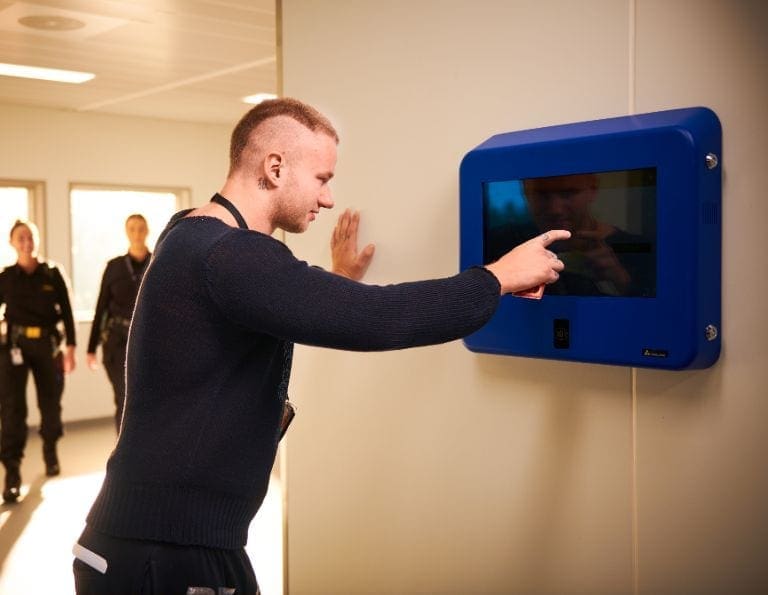For start-up founders, loosening the reins can be one of the hardest parts of the job, and may even seem even counter-intuitive, but delegation is integral to the success of a business, reports RBS Contentlive. We ask four founders how and why to let go.
When you’ve built a business up, empowering other people to make decisions can feel challenging; but delegation is the key to liberating a business.
Charlie Mowat is founder and CEO of The Clean Space, an ethical commercial cleaning company. “Effective delegation is one of the biggest issues for growing businesses,” he says. “When you set out, by definition you are doing everything yourself. So when you become established and grow, making the transition from hands-on start-up to delegating and stepping back is a complex and often counter-intuitive thing to do.”
The key is self-awareness. “I noticed quite quickly when talking to fellow entrepreneurs that the problem is usually not with the employees, but with the founder. The view that ‘if I don’t sort everything out myself the company will go wrong’ is common.”
For Mowat this is a psychological barrier to overcome. “Entrepreneurs are control freaks at root. But second-stage entrepreneurship means giving up control. Those two opposing truths make delegation extremely difficult.”
“Micromanaging demotivates people. Once they’re demotivated, they don’t take responsibility for doing a good job”
How to resolve this – what are the practical steps entrepreneurs can take to overcome their natural instincts? “Turn the focus inwards instead of outwards. Instead of seeing the perceived mistakes employees are making, look inwards and think what mistakes you might be making, and how your behaviour will appear to them.”
Bear in mind, says Mowat, that if you delegate but don’t give up the detail, you’re not really delegating. “If people know you will come back and tinker with something, you’re not really giving up control and they will not really engage in solving the problem and fixing the details.”
The view from the top
How to strike that balance between being over-controlling and too hands-off? “The answer is to make sure you get a high-level view of everything, rather than being too involved in every detail,” says Alessandra Sollberger, founder and CEO of Evermore, an active lifestyle brand. “You need to have an overview of things – you need to know where the bottlenecks are, and you need to get a perspective of how things work to enable you to make decisions.”
As the company grows and more people come in to work for you, “it becomes a tree structure. If people are empowered early on, that structure will be much stronger and it’s easier to hold that overall view.”
What about the dangers of micromanaging? The problem here is not just that the founder or MD finds their own workload becoming unmanageable and the strategic direction of the business suffers as a result.
“Entrepreneurs are control freaks at root. But second-stage entrepreneurship means giving up control. Those two opposing truths make delegation extremely difficult”
“When you micromanage you’re going to attract the wrong people,” Sollberger says. “As an employee, why would I not want to be empowered? That high-quality person won’t stay if you micromanage them. High intelligence and ambition simply don’t go hand in hand with being governed like that. So choose good people who want to be there, and enable them to grow.”
Francis Toye, founder and CEO of software developer Unilink, says: “Micromanaging demotivates people. Once they’re demotivated, they don’t take responsibility for doing a good job.”
Toye speaks from experience: “I started the business in 1994 and wanted to do everything. It meant I quickly fell out with one of the three people I brought in to the business, and they ended up leaving. I learnt that as an entrepreneur you have a clear idea of where you want things to go – at a high strategic level you need to be sure that’s happening – but once you’re happy with that, you need to let others get on with it.”
Growing pains
With all this in mind, why do entrepreneurs find it so hard to let go? “Because it’s your baby,” Sollberger says simply. “Your connection to the company is so strong. You created it; you know it better than anyone else. For all these reasons, anyone you delegate to cannot do the job as well as you or better than you. So you can end up feeling it’s best to do everything yourself.”
Entrepreneurs need to be aware of this and overcome it, Sollberger says. “You simply cannot go on like that for long. The tipping point arises early – you run out of time and you need to adjust.”
Toye agrees that SME owners and entrepreneurs are natural control freaks. “I didn’t like anyone telling me what to do – that’s what led me to start my own business,” he says. “So you’re going to be the kind of independent person who wants to do everything, but in order for a business to grow you have to relax and delegate.” You can do everything when you’re a sole trader, Toye says, “but it’s harder when there are five, and impossible when there are a hundred.”
Is there anything you shouldn’t delegate?
“When you’re training, micromanaging is excusable,” Sollberger says.
“Your strategy is the thing to keep to yourself,” says Toye. “You can’t let go of strategy or you don’t have a job.”
Toye also argues that “when you’re starting up, finance and cash flow is absolutely critical and you probably can’t let go of that to begin with – I’m only just delegating that now”.
Philip Salter, director of The Entrepreneurs Network, says: “Ultimately, if entrepreneurs want to grow their business, they must learn to delegate. Adam Smith, the father of economics, taught us the immense value that comes through the division of labour, as worker specialisation leads to increased efficiency. What was true when Smith wrote The Wealth of Nations in 1776 remains so to this day.”
Delegating to grow the business
- Don’t try to do everything. “It’s vital to delegate if you want to build the company beyond an initial level,” says Alessandra Sollberger.
- Have clear lines of command. Give specific responsibility for particular areas to particular employees. Measure success. Recognise achievements regularly and give individuals short, medium and long-term goals.
- Recruit with delegation in mind. “If I built my own finance model, it would be me tweaking it all the time,” says Charlie Mowat. “It was an exercise in self-control to delegate it, but it means my finance person can take ownership.”
- Successful delegation is a win-win. You focus on the strategy, while employees become more motivated, loyal and skilled. The alternative is to become more stressed and take your eye off the ball, as your employees become demotivated and look to move elsewhere.
Share








